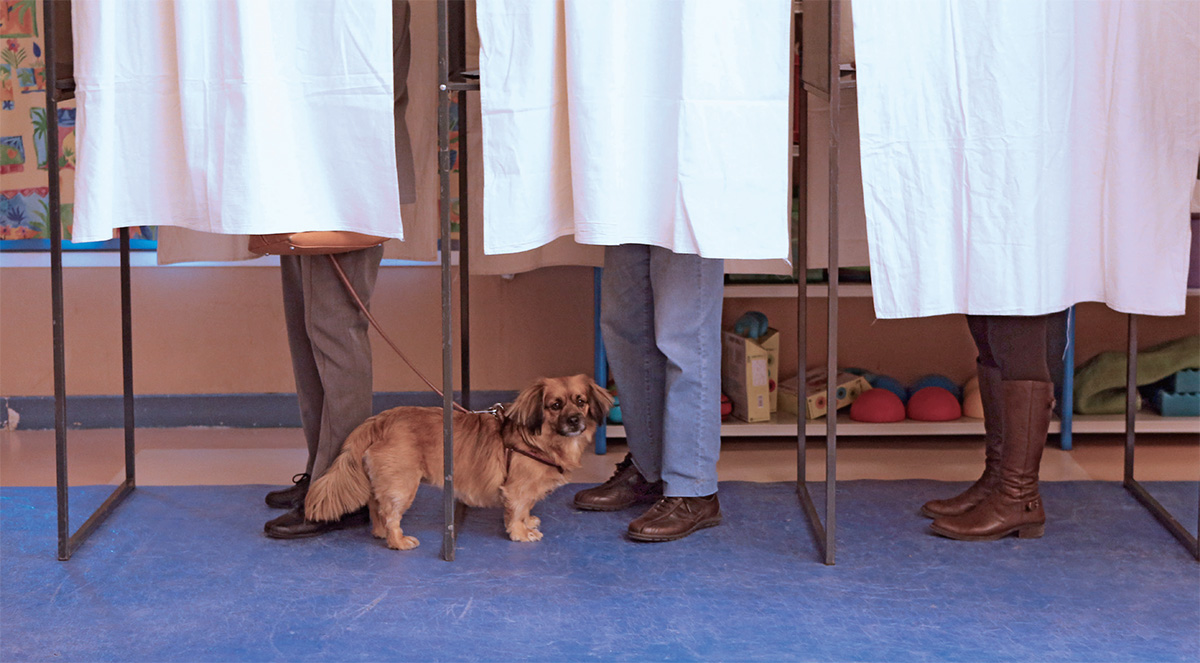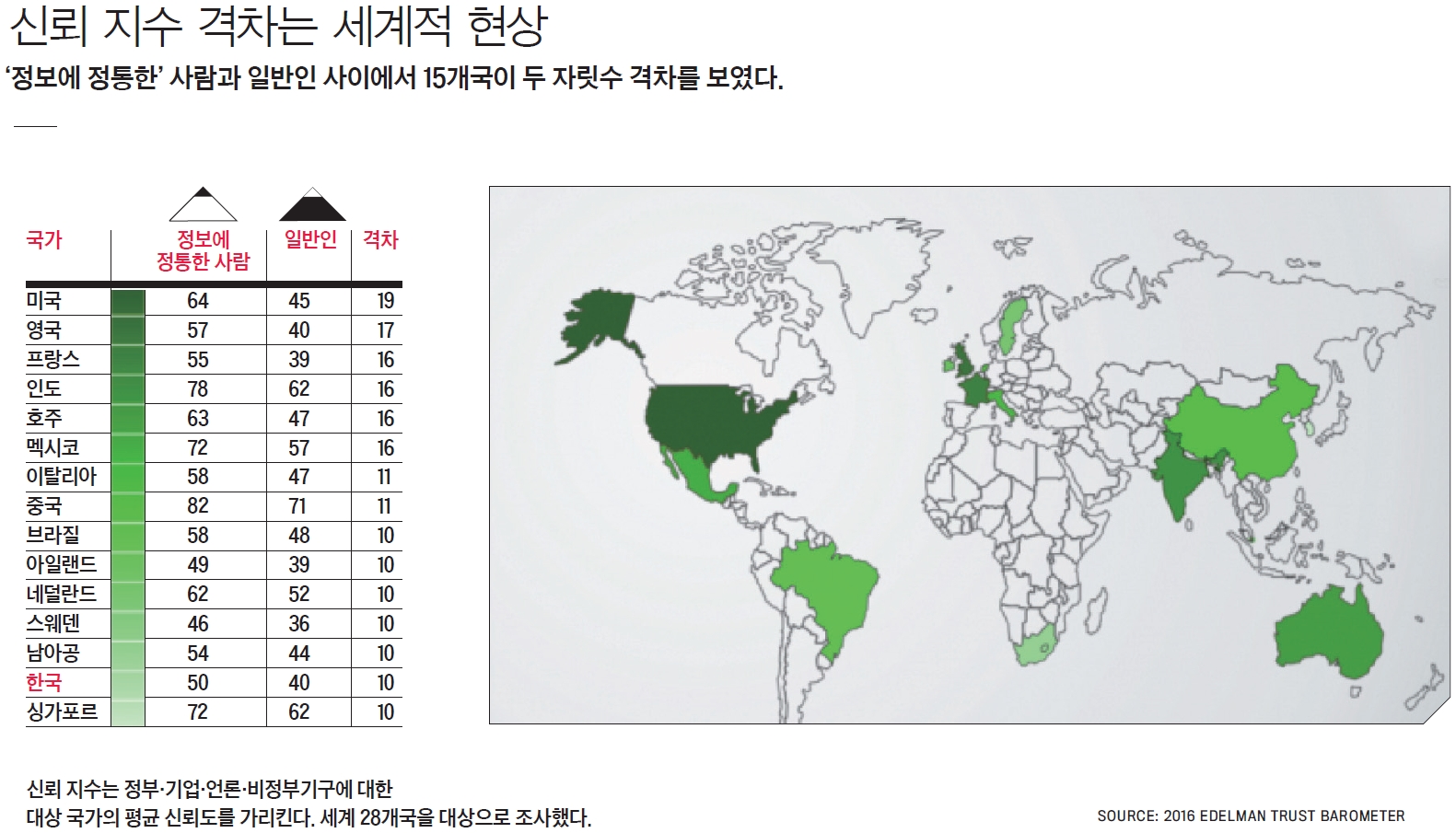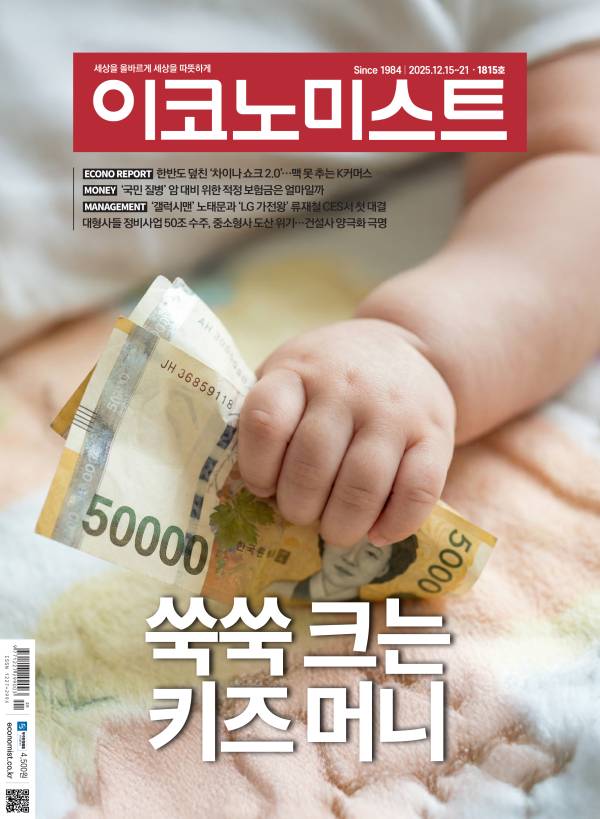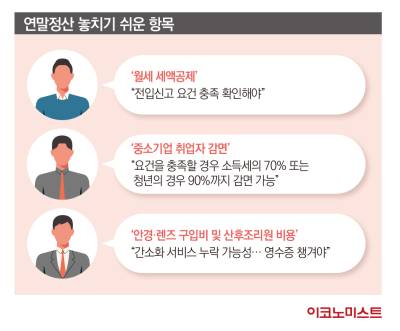정책이슈
정부 신뢰도 소득에 따라 다르다 | 일반인보다 ‘정보에 정통한’ 엘리트가 공공기관과 기업을 더 잘 믿어
- 정부 신뢰도 소득에 따라 다르다 | 일반인보다 ‘정보에 정통한’ 엘리트가 공공기관과 기업을 더 잘 믿어

A GAP OF TRUST | Elite ‘informed public’ trusts companies and institutions more than general global population.
While trust has risen across all four institution categories, most of the growth has come from the “informed public,” or college-educated persons, who represent about 15 percent of the global population. On average the gap of trust in institutions between the two groups has grown to 12 percent, up from 10 percent last year.
About 60 percent of the informed group trusted in institutions to do the right thing, compared with 48 percent who held the same view in the mass population. The gap has especially grown when broken down by country, with some of the widest gaps in countries such as the U.S., with a 19 percentage point gap, the U.K., with a 17 percent gap, and France, with a 16 percent gap.
About 60 percent of high-income respondents trusted institutions to do the right thing, compared with 46 percent among low-income respondents. “It is my belief that the mass population is relying less on newspapers and magazines and, instead, chooses self-affirming online communities and television news,” Edelman CEO Richard Edelman wrote about the study. The widening gap of trust between the two groups is one possible way to explain the popularity behind the presidential campaign of businessman Donald Trump, he added.
The Edelman Trust Barometer study was conducted by Edelman Berland and consisted of 20-minute online interviews conducted between Oct. 13, 2015, and Nov. 16, 2015. The survey included two demographics in 28 countries. A narrower “informed public” group included 500 respondents in the U.S. and China, and 200 respondents in all other countries. The “mass population” consisted of the total respondents, minus the informed public group. As a whole, the two made up well over 33,000 respondents and about 1,150 respondents per country.
To qualify for the smaller group, respondents had to be between ages 25 and 64, college educated, at the top 25 percent of household income per age group in each country and frequently consume media and business news. The margin of error for the study was 0.6 percent for the general population and 1.2 percent for the informed public, according to Edelman.
정부 신뢰도 소득에 따라 다르다 | 일반인보다 ‘정보에 정통한’ 엘리트가 공공기관과 기업을 더 잘 믿어

4가지 기관 분류 전체에서 신뢰도가 높아졌지만 가장 큰 상승은 대학교육을 받은 ‘정보에 정통한’ 사람들에게서 나타났다. 그들은 세계 인구의 약 15%를 차지한다. 평균적으로 엘리트와 일반인 두 그룹 사이의 기관에 대한 신뢰도 격차는 1년 전의 10%에서 12%로 늘었다.
정보에 정통한 집단의 약 60%는 기관들이 올바른 일을 한다고 믿었다. 그렇게 믿는 일반인의 비율은 48%였다. 국가별로 보면 격차는 더 벌어진다. 미국(19%), 영국(17%), 프랑스(16%) 같은 나라의 격차가 가장 컸다.
고소득자 중 약 60%는 기관들이 올바른 일을 한다고 믿었다. 그렇게 믿는 저속득자는 46%였다. 에델만의 CEO 리처드 에델만은 “일반 대중은 신문이나 잡지보다는 자기 주장이 강한 온라인 커뮤니티나 TV 뉴스를 선호하는 듯하다”고 말했다. 그는 두 집단 간의 신뢰도 격차가 갈수록 벌어지는 것이 막말로 유명한 미국 공화당 대선주자 도널드 트럼프의 유세가 왜 인기 있는지 설명해준다고 덧붙였다.
에델만 신뢰도 조사는 시장조사업체 에델만 벌랜드가 지난해 10월 13일부터 11월 16일까지 28개국의 두 집단을 대상으로 20분 간의 온라인 인터뷰를 통해 실시했다. 세부적으로 ‘정보에 정통한’ 집단은 미국과 중국에서 500명, 나머지 국가에선 200명씩 선정됐다. ‘일반인’은 전체 응답자에서 ‘정보에 정통한’ 집단을 제외한 나머지를 가리킨다. 전체적으로 3만3000명 이상이 응답했다(국가별로는 약 1150명).
‘정보에 정통한’ 집단은 25∼64세로 대학 교육을 받았고 각국에서 연령층 당 가계소득 상위 25%에 속하며 미디어와 경제 뉴스를 자주 접하는 사람으로 범위를 좁혔다. 에델만에 따르면 오차 한계는 일반인의 경우 0.6%포인트, ‘정보에 정통한’ 사람의 경우는 1.2%포인트다.
- 루크 빌라파스 IB타임스 기자 / 번역 이원기
ⓒ이코노미스트(https://economist.co.kr) '내일을 위한 경제뉴스 이코노미스트' 무단 전재 및 재배포 금지










![면봉 개수 → 오겜2 참가자 세기.. 최도전, 정직해서 재밌다 [김지혜의 ★튜브]](https://image.isplus.com/data/isp/image/2025/12/21/isp20251221000019.400.0.jpg)
![갓 잡은 갈치를 입속에... 현대판 ‘나는 자연인이다’ 준아 [김지혜의 ★튜브]](https://image.isplus.com/data/isp/image/2025/11/21/isp20251121000010.400.0.jpg)



당신이 좋아할 만한 기사
브랜드 미디어
브랜드 미디어
'서울시장' 출사표 홍익표 "지방자치 3.0 필요" [인터뷰]
세상을 올바르게,세상을 따뜻하게일간스포츠
일간스포츠
일간스포츠
어도어 복귀 뉴진스, 최전성기 블랙핑크 등 2025 가요계 10대뉴스 [연말결산②]
대한민국 스포츠·연예의 살아있는 역사 일간스포츠일간스포츠
일간스포츠
일간스포츠
연말 원·달러 환율 레벨 주시하는 시장…시험대에 오른 외환당국
세상을 올바르게,세상을 따뜻하게이데일리
이데일리
이데일리
회사채 만기 사상 최대인데…공사채가 자금 쓸어갈 판
성공 투자의 동반자마켓인
마켓인
마켓인
동물의약품 사업에 승부수 던진 유유제약..."美현지화 속도"
바이오 성공 투자, 1%를 위한 길라잡이팜이데일리
팜이데일리
팜이데일리